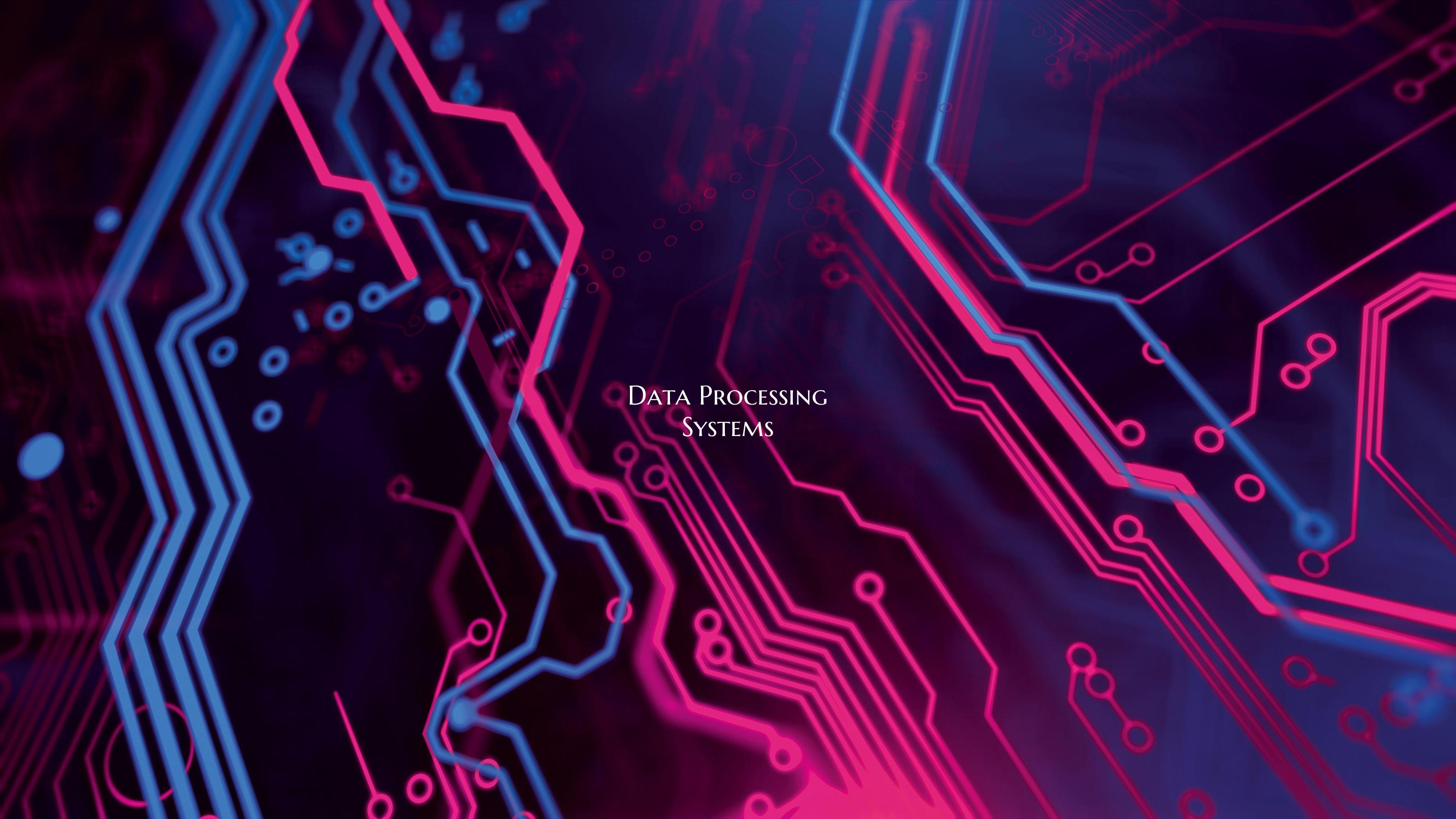Data Processing Systems
Data processing systems play a crucial role in today's digital world, where vast amounts of data are generated and required to be efficiently managed and analyzed. These systems are essential for businesses, organizations, and various industries to streamline operations, make informed decisions, and drive innovation. Here are key aspects of data processing systems:
1. Data Collection: Data processing systems start with the collection of raw data from various sources such as sensors, databases, social media, and other digital platforms. This data can be structured, semi-structured, or unstructured, and the systems need to efficiently gather, aggregate, and store it for further processing.
2. Data Storage: Once data is collected, it needs to be stored securely and in a way that allows easy access and retrieval. Data processing systems utilize databases, data warehouses, and cloud storage solutions to organize and store data while ensuring data integrity and security.
3. Data Processing: The core function of these systems is to process the collected data to derive valuable insights. This involves cleaning and transforming data, performing calculations and statistical analysis, and running algorithms to extract meaningful information.
4. Data Analysis: Data processing systems enable organizations to analyze data to identify patterns, trends, and correlations. This analysis can help in understanding customer behavior, market trends, operational inefficiencies, and other critical aspects of the business.
5. Decision Making: By processing and analyzing data, these systems empower decision-makers to make data-driven decisions. The insights obtained from data processing systems guide strategic planning, optimize processes, and improve overall performance.
6. Real-Time Processing: With the increasing need for real-time insights, data processing systems are evolving to handle streaming data and perform real-time processing. This enables businesses to react swiftly to changing conditions and make instant decisions based on up-to-date information.
7. Data Security: Ensuring the security and privacy of data is a fundamental aspect of data processing systems. Robust security measures such as encryption, access control, and monitoring are implemented to protect data from unauthorized access, breaches, and cyber threats.
In conclusion, data processing systems are the backbone of modern information management and decision-making processes. By effectively collecting, storing, processing, analyzing, and securing data, these systems enable organizations to harness the power of data to drive growth, innovation, and competitive advantage in today's data-driven world.

